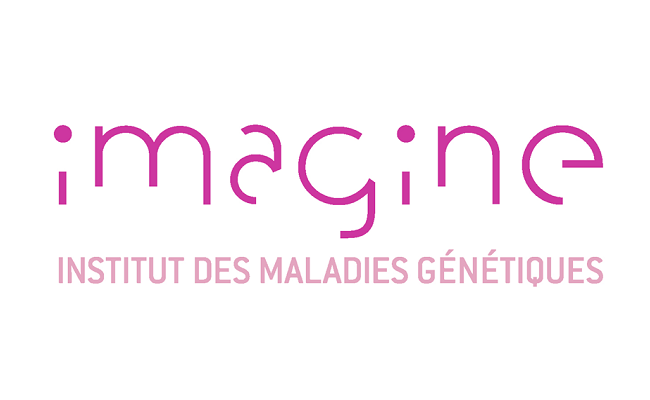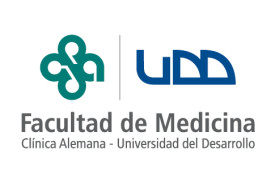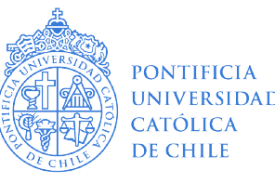
Context:
The Molecular Basis of Altered Immune Homeostasis laboratory at the Imagine Institute in Paris offers a Postdoctoral position in Immunology (m/f). Our laboratory studies the pathophysiological mechanisms underlying different alterations of the immune system using rare monogenic disorders as paradigm. We aim to identify new genetic defects and characterize the molecular mechanisms involved in disease development.
We are currently looking for a highly motivated Postdoctoral fellow with documented background in immunology to work on the characterization of a recently described immune disorder and a newly developed murine model (Gayden*, Sepulveda* et al Nature Genetics 2018).
Your profile:
Highly motivated scientist (PhD.), flexible and proactive attitude, strong interpersonal skill and solid interest in immunology. Self-motivation and ability to work independently are vital. Additional experience in cell biology, molecular biology, animal experimentation and flow cytometry are considered a plus, but excellent applicants whiling to learn these techniques in our lab are also considered.
The position:
We offer a challenging research project in a stimulating interdisciplinary environment. The position is initially granted for 1 year with possibility of extension. The salary will be based on the French public-sector salary scheme.
The research environment:
The Imagine Institute is located in the campus of the Necker Children’s Hospital in Paris, France. The Institute is composed of 27 research laboratories focused in the understanding of the molecular mechanisms of rare genetic diseases affecting the adaptive and innate immune system, nervous system, stem cell differentiation, embryo-fetal differentiation, kidney and metabolic abnormalities, etc. The Imagine Institute offers a unique environment where clinical and basic sciences synergize to produce astonishing contributions to areas as diverse as immunology, cell biology and clinical and translational research.
Your application:
Please send a motivation letter, detailed CV and names of three referent scientists to Dr Fernando E. Sepulveda before January 31st, 2019.
Bibliography
-Gayden, T.*, Sepulveda, F. E.*, Khoung-Quang, D. A.*, Pratt, J.*, Valera, E., … Fischer, A., Neven, B., Michonneau, D., de Saint Basile, G. and Jabado, N. Germline HAVCR2 mutations altering TIM-3 characterize subcutaneous panniculitis-like T cell lymphomas with hemophagocytic lymphohistiocytic syndrome. Nature Genetics. In press. *co-first author.
-Sepulveda, F.E. and de Saint Basile, G. Hemophagocytic syndrome: primary forms and predisposing conditions. Current Opinion in Immunology 49: 20-26. 2017.
-Sepulveda, F. E.*, Garrigue, A., Maschalidi, S., Garfa-Traore, M., Menasche, G., Fischer, A. and de Saint Basile, G. Polygenic mutations in the cytotoxicity pathway increase susceptibility to develop HLH immunopathology in mice. Blood 127: 2113-2121. 2016. *corresponding author
-Sepulveda, F.E.*, Maschalidi, S., Vosshenrich, C. A., Garrigue, A., Kurowska, M., Menasche, G., Fischer, A., Di Santo, J. P. and de Saint Basile, G. A novel immunoregulatory role for NK cell cytotoxicity in protection from HLH-like immunopathology in mice. Blood 125: 1427-1434. 2015. *corresponding author
-Sepulveda, F.E., Debeurme, F., Menasche, G., Kurowska, M., Cote, M., Pachlopnik Schmid, J., Fischer, A. and de Saint Basile, G. Distinct severity of HLH in both human and murine mutants with complete loss of cytotoxic effector PRF1, RAB27A and STX11. Blood 121: 595-603. 2013.


¿Quieres dejar un comentario ?